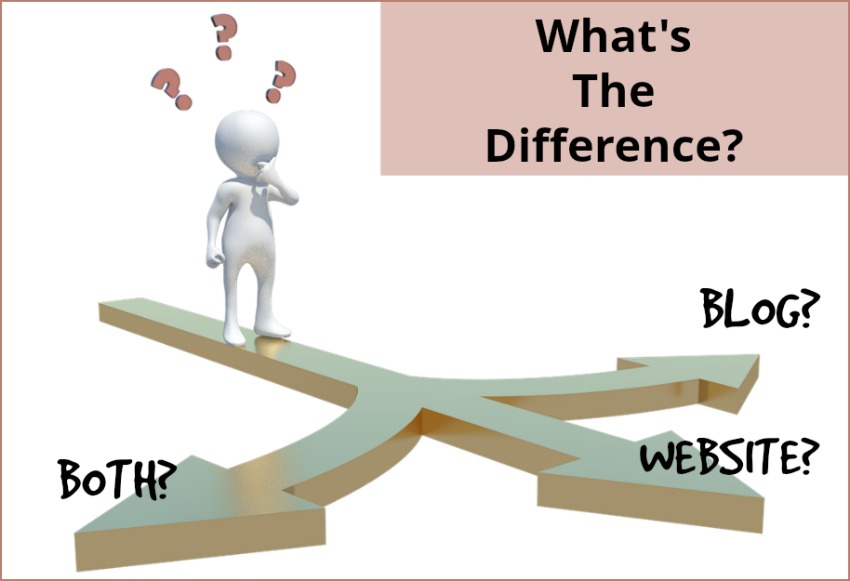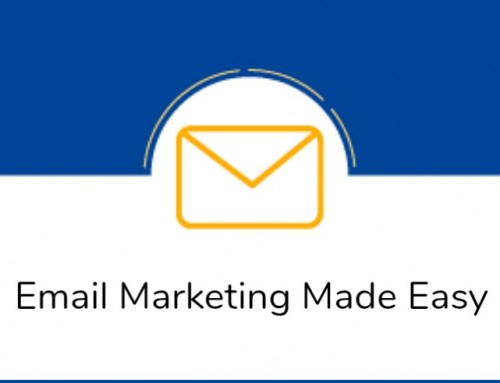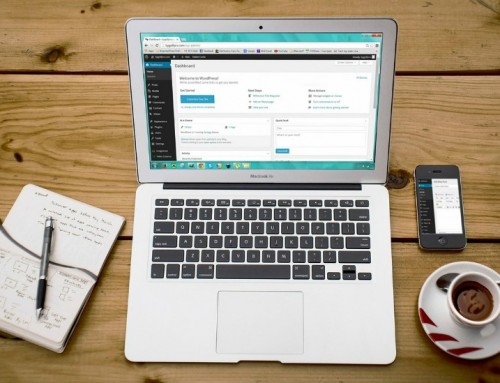One question I regularly get asked is ” What is the difference between a blog and a website?” Followed up by, “and as a small business owner, which do I need?”
The main difference between a blog and a website is the way they present information to the reader.
A Blog
A blog, or a web log, or a VLOG (video log) even, is essentially a series of articles or posts, presented in date order (most recent first) which share:
- personal diaries
- opinions / reviews
- answers to question (like this post)
- tutorials
- resources
- and more…
The writer usually aims to produce ‘posts’ on a regular basis, which encourages readers to subscribe and follow this activity.
The dictionary description is:
a regularly updated website or web page, typically one run by an individual or small group, that is written in an informal or conversational style.
A Website
A website, is built up of a collection of ‘static’ pages (i.e. pages where the content contained on them very rarely changes). Usually, there is a ‘Navigation area’ which enables the reader to browse the website until they have gathered enough information about the person, business or organisation etc.
An example of pages you generally find on a website:
- Home – overview of the business / service / organisation
- About – more information about the websites origin, or perhaps the peron or team behind it.
- Contact – how to get in touch, generally includes a contact form
- Services – an overview of products / services where applicable
- Blog – yes, a website may have a blog built into it (as this website does)
The dictionary definition is:
A set of related web pages located under a single domain name.
As A Business Owner, Should You Have A Blog Or A Website?
Now we know the basic difference between a blog and a website, let’s move on to “which do I need?”
I firmly believe that a business should have both. This applies to all types of businesses, whether you are a sole trader, Limited company, network marketer etc.
First you have static ‘web’ pages to clearly define who you are, what you do and how people can get in touch with you.
Then, you have a blog section (for Search Engine Optimisation reasons, it is important to have this as part of your website, rather than on a free blogging site such as tumbler, wordpress.com, blogger etc) to share your expertise, in the form of articles (posts), based on information about your business product(s) and/or services. You may notice that some people label their blog as their ‘news’.
Your blogging strategy will depend on your business, but consistency is key. Set a frequency (monthly, fortnightly, weekly etc) and do your best to stick to it!







Leave A Comment
You must be logged in to post a comment.